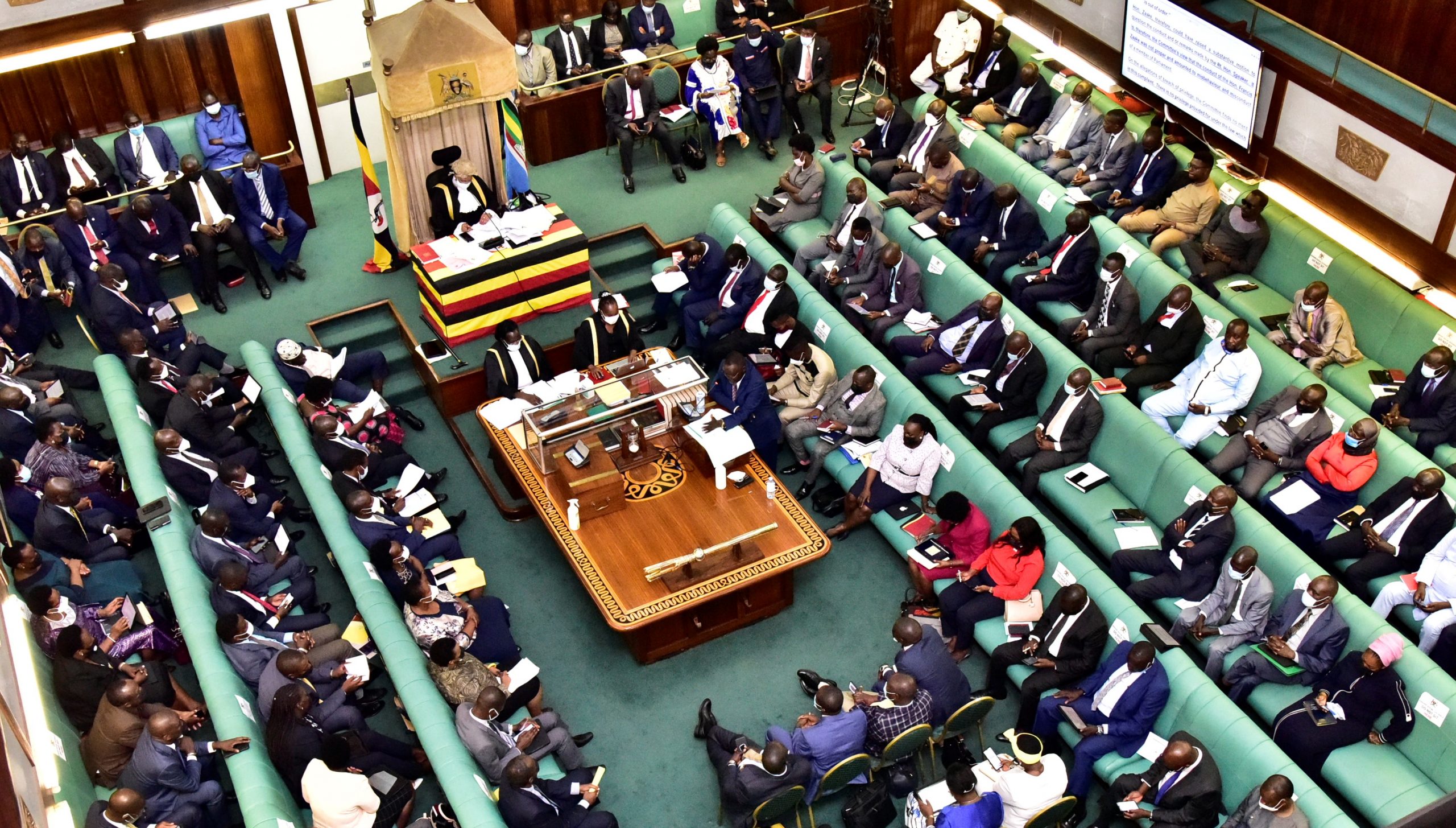Kerry Howard Mwesigwa.
KAMPALA, November 29, 2023 | The Parliament of Uganda has voted against the government’s proposal to increase the number of judges on the Supreme Court, opting instead for a more measured approach to address the challenges faced by the judiciary.
The decision, which took place on Wednesday, November 29, 2023, follows the introduction of the Judicature Amendment Bill 2023 by Justice Minister Norbert Mao on November 23, 2023. The bill sought to amend the Judicature Act, impacting the composition of the Supreme Court and the Court of Appeal, Uganda’s highest judicial bodies.
While the government argued that an increase in the number of judges was essential to tackle the persistent backlog of cases and expedite the dispensation of justice, some members of Parliament expressed reservations. They contended that the proposal lacked a scientific foundation and could potentially create more challenges than it aimed to solve.
The heart of the matter lay in the proposed expansion of the Supreme Court to 21 judges, a move that faced criticism for potentially escalating costs and administrative complexities without directly addressing the root causes of delayed justice.
The case backlog issue in Uganda has been a longstanding concern, impacting the efficiency of the judicial system. As of June 30th, 2021, the judiciary reported a case backlog of 50,592 cases, constituting 30.11 percent of the total pending cases. Two years later, the Chief Registrar Sarah Langa Siu revealed that while progress had been made, the Supreme Court still grappled with 792 pending cases, 353 of which were backlog cases.
Parliament’s decision, led by Speaker Anita Among, reflects a commitment to maintaining a delicate balance between the interests of the judiciary and the financial considerations of taxpayers. The Parliament opted to retain the number of Supreme Court justices at 11, resisting the push for a substantial increase, while agreeing to a more moderate expansion of the Court of Appeal to 35 judges instead of the proposed 55.
Critics within Parliament questioned the rationale behind boosting the Supreme Court, which primarily handles appeals from the Court of Appeal, without addressing fundamental issues such as infrastructure, staff shortages, and resource constraints. They emphasized the need for a comprehensive strategy that goes beyond increasing the number of judges.
Speaker Anita Among, in her remarks, underscored the importance of adhering to the principle of separation of powers and urged the government to tackle the broader challenges confronting the judiciary. She emphasized the necessity of addressing infrastructure deficiencies, staffing issues, and resource gaps to enhance the overall efficiency and effectiveness of the justice system.
The Judicature Amendment Bill 2023 is now awaiting the approval of the President. The President has 30 days to either sign it into law or return it to Parliament with comments. If approved, the bill will become effective on the date of publication in the Gazette or on another date chosen by the Minister through a statutory instrument.















